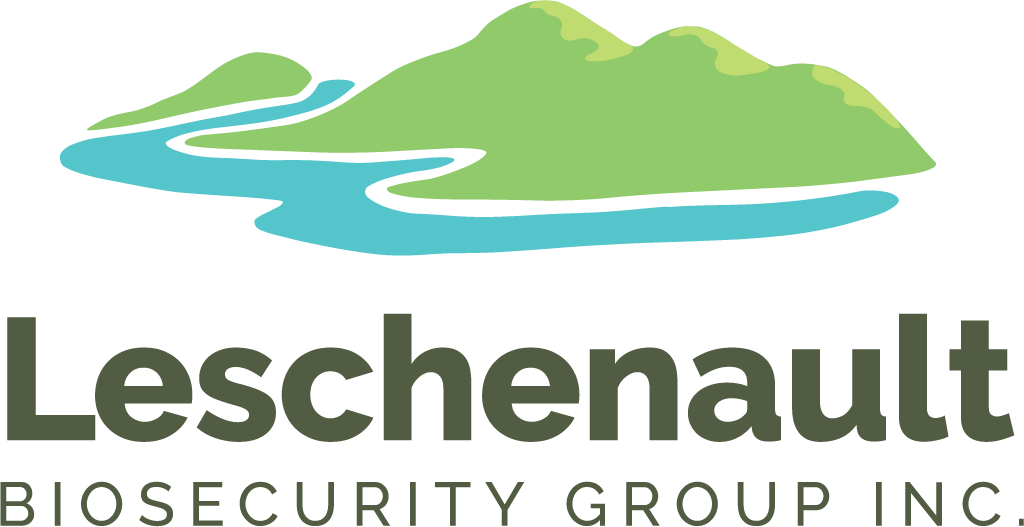Declared Pest Control can only be successful in a strategic coordinated approach across the whole of the landscape. Everyone needs to be involved and everyone needs to be resourced and supported.
WA Revenue is in the process of issuing payment notices for the Declared Pest Rate (DPR). As such, we offer the following related information regarding this rate and Recognised Biosecurity Groups.
The Declared Pest Rate Provides Support for Area-wide Management of Declared Pests
Recognised Biosecurity Groups’ (RBGs) efforts are primarily funded by the Declared Pest Rate specific to their individual operational areas and government matching funds. Under the Biosecurity and Agriculture Management Act 2007 (BAM Act) the State raises a Declared Pest Rate (DPR) from landholders in specific areas and matches the funds raised from the rate dollar-for-dollar. The combined funds are made available to Recognised Biosecurity Groups (RBGs) who provide support to landholders to fulfill their obligations to manage widespread and established declared pests on their land. The funding supports RBGs to conduct pest management awareness initiatives and education as well as coordinate and undertake pest management activities across land tenures.

For more information about the DPR and RBGs, please click on the links below:
DPIRD 2021-2022 Declared Pest Rate Information Sheet
Recognised-Biosecurity-Groups-FAQs
.Quick Facts about Recognised Biosecurity Groups:
- RBGs are established across most of Western Australia
- Each RBG covers a different area of WA
- Landholders are responsible for controlling declared pests on
- RBG’s across the state are impacted by different:
- pest species
- volume of pests
- local industry
- land use
- environmental factors
- population demographics
- size of operational area.
Because of this, RBGs across WA have varying pest control priorities, budgets and operations.
LBG’s Role In Supporting Landholder within our Operational Area to manage Declared Pests
Leschenault Biosecurity Group is the Recognised Biosecurity Group for the Shires of Capel, Dardanup and Donnybrook-Balingup North, including Argyle, Paynedale, Beelerup, Queenwood, Lowden, Yabberup, Glen Mervyn, Mumballup, Noggerup, Thomson Brook, Charley Creek, Donnybrook, Brookhampton, Brazier, Newlands, Upper Capel and Kirup; and the City of Bunbury.
Our role is to support landholders in meeting their responsibilities to control declared pests, including promoting, supporting and monitoring community control of declared pests within our Recognised Area, liaising with all stakeholders and securing ongoing funding to undertake this work.
Some of LBG services and resources available to landholders within our Operational Area, include:
- Site & Field Investigations in Response to Weed Pest Reports
- Property-specific Integrated Weed Management Plans
- Surveillance and Trapping Support for Foxes and Pigs
- Restricted Chemical Product Use Permits (Application Assistance & 100% Fee Subsidy)
- Pest Management Equipment Loan/Hire
- Individualised pest-specific Control Advice & Support
- Operational-wide pest-specific programs
- Community Pest Management Workshops
- Online Guidance and Resources
- Liaising with Neighbours, Industries and Government as applicable to address reports of un-managed Declared Pests, including absentee and negligent property owners
Priority Declared Pest Within Our Operational Area
- Vertebrate Pests: Foxes, Pigs & Rabbits
- Weed Pests: In response to Community request, LBG’s currently has six prioritsede declared weeds for special focus: Apple of Sodom, Arum Lily, Blackberry, Cape Tulip, Cotton Bush and Paterson’s Curse. Information regarding other Declared Weeds will be ongoing in response to community consultation.


Recent Comments